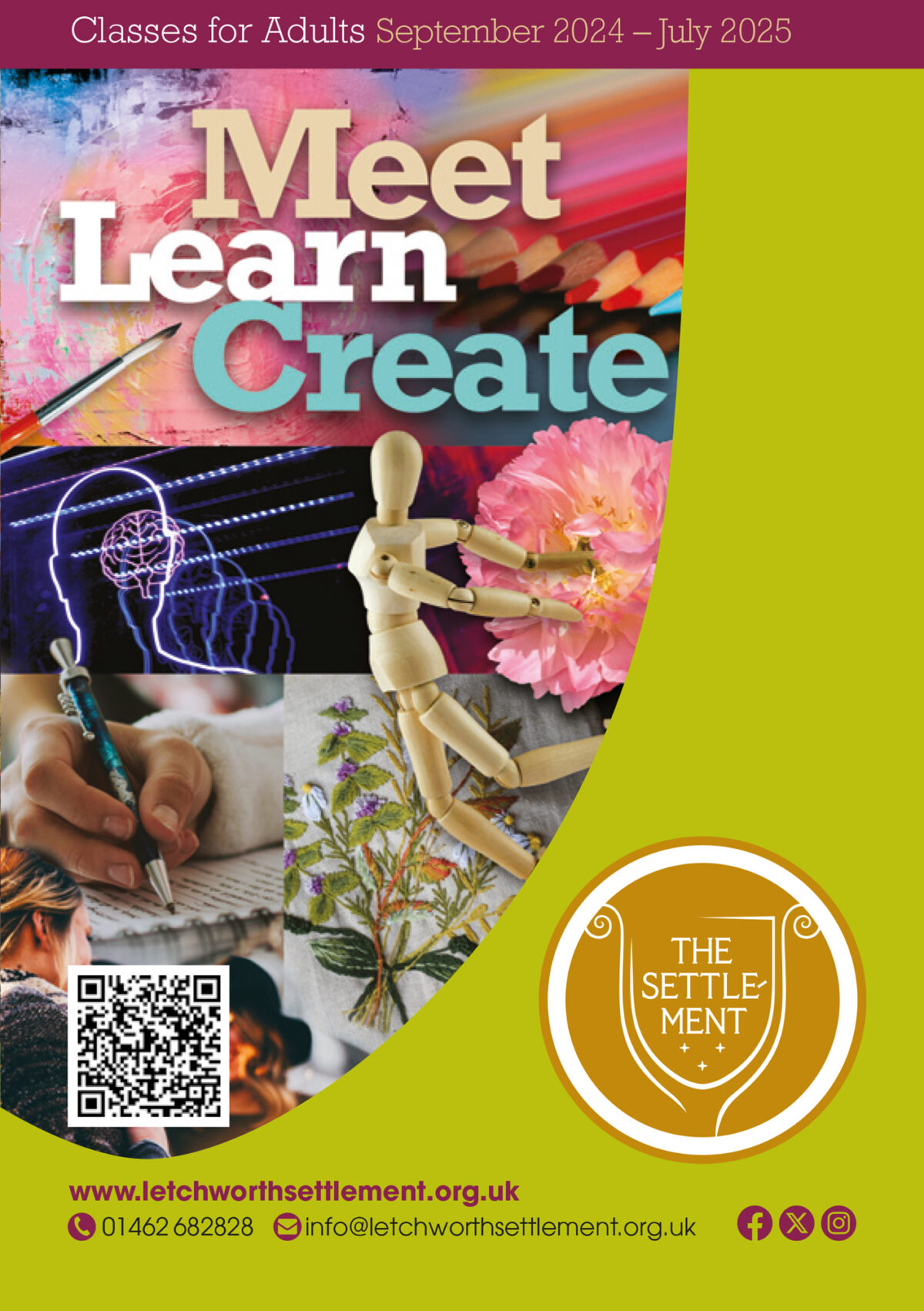
Expressive Watercolours
Wed 30 Apr 2025, 10:00 am - Wed 16 Jul 2025, 12:30 pm

Watercolour is an exciting and versatile medium. During this course we aim to explore this versatility playing with colour and a host of different techniques such as laying washes, wet-in-wet, sponging. We will also look at how to put a successful picture together through a range of different subjects from flowers to landscapes with the aim of producing pictures we can enjoy creating and be proud of! An intermediate level course.
Please bring any related materials that you have. The idea is to make the most of what you have got.
Event Information
Price: £206.0
Course Weeks: 11
Room: Cruse Studio
Campaign: Summer Term 2025
Your Tutor
Name: Suzy Drake
Bio: Drawing has always been part of Suzy’s life from childhood onwards. The natural world and drawing has enabled her to really see the world around her. All of which has led to a degree in Scientific Illustration which has given Suzy the skills to accurately describe this world. Suzy has always wanted to share these skills which led her to teaching whilst continuing with her art. Suzy has taught in adult education, adults with addiction, adults with learning difficulties, family learning and children. She teaches different art subjects, not just drawing, to different ages and abilities throughout Hertfordshire and Bedfordshire.
Department: Arts & Crafts
